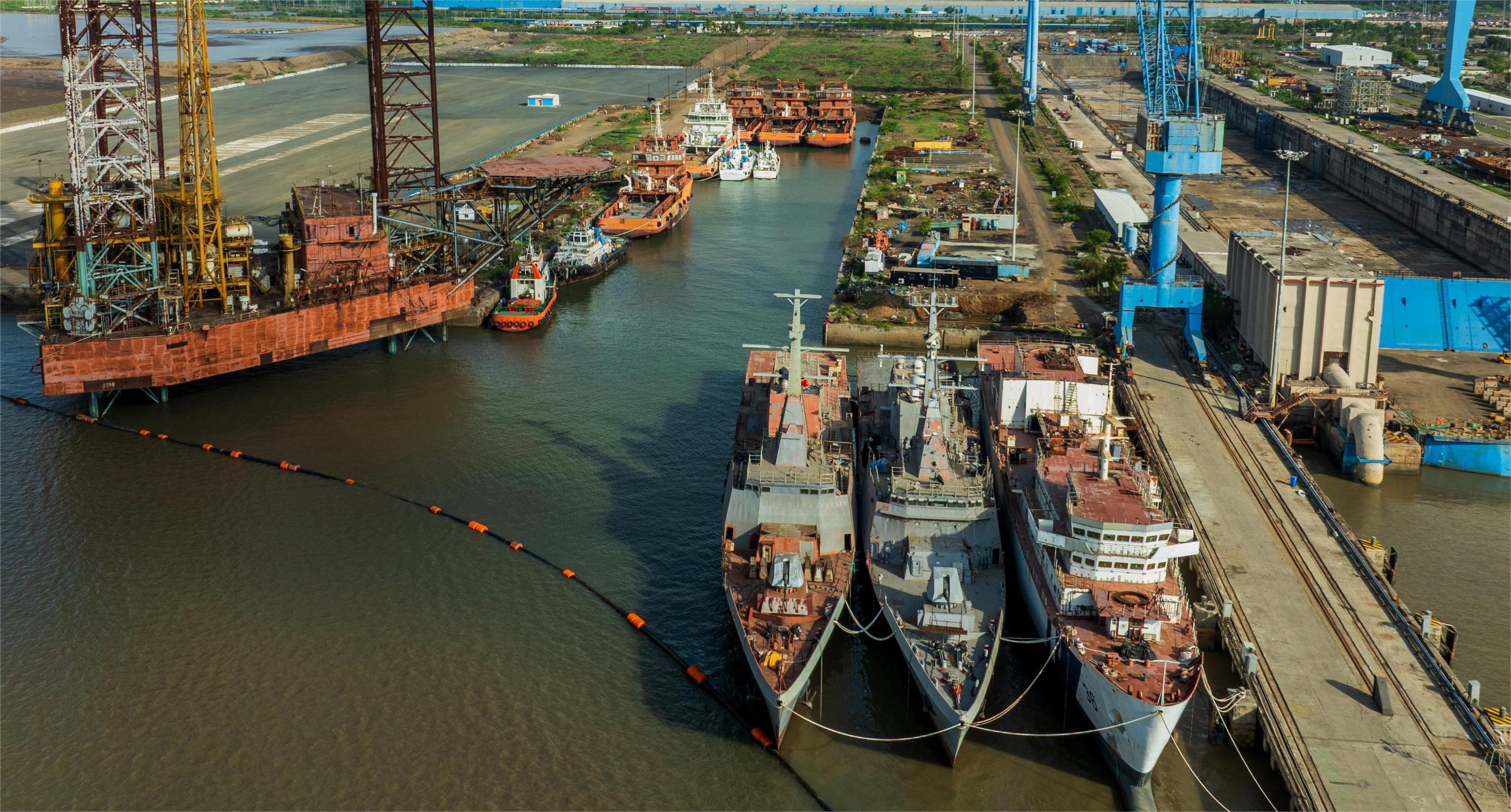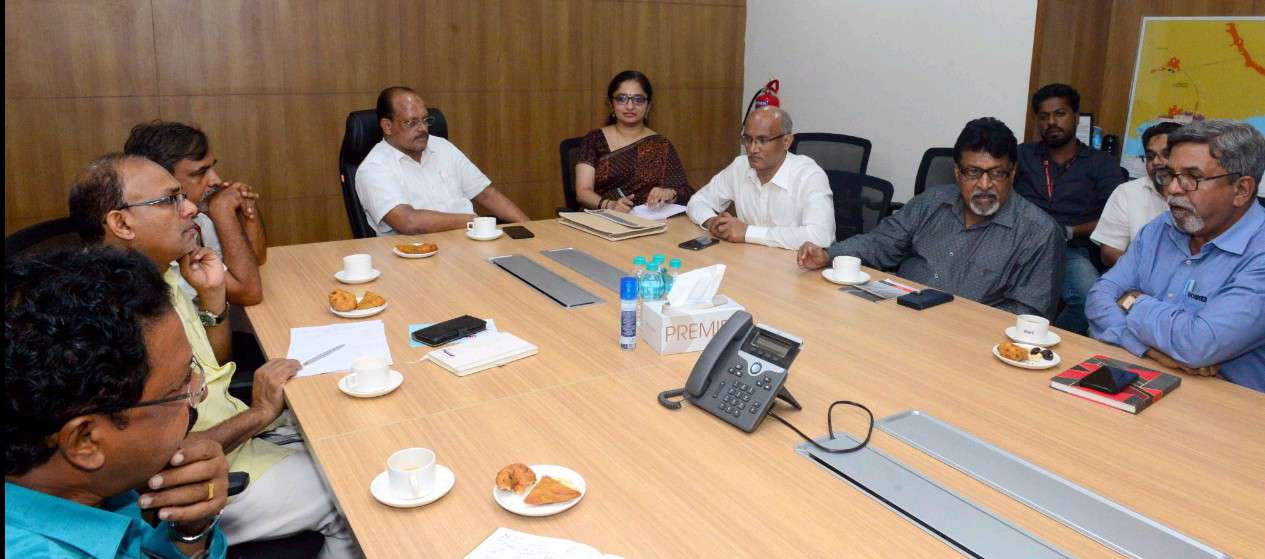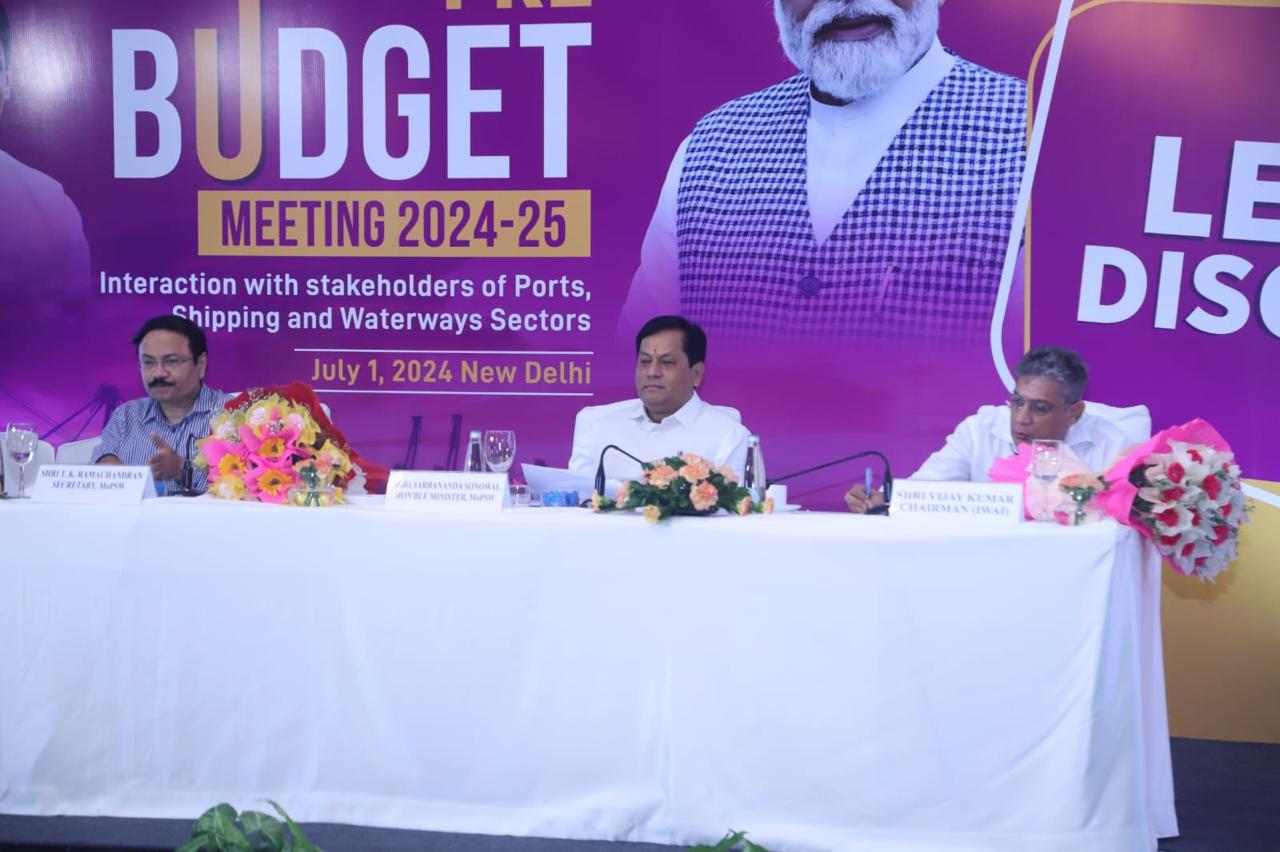Maritime News India : On October 14, 2024, the Indian Maritime Centre (IMC) held its inaugural Board of Directors meeting in Mumbai, marking a significant milestone in India’s maritime governance. Established on September 27, 2024, the IMC is headquartered at the Maritime Training Institute of the Shipping Corporation of India in Powai.
Leadership Appointments
During this foundational meeting, the Board elected Devki Nandan, President of the Indian Private Ports and Terminals Association (IPPTA), as its first Chairman. Shankar Shinde, the Immediate Past Chairman of the Federation of Freight Forwarders Associations in India (FFFAI), was appointed Vice Chairman. Captain Sankalp Shukla will serve as Secretary, while Captain Vikas Vij takes on the role of Treasurer. R. Ravi Kumar, Secretary General of IPPTA, was named Acting CEO.
Board Composition
The Board includes prominent maritime leaders:
- Devki Nandan Sharma, President, Indian Private Ports and Terminals Association (IPPTA) and Senior Executive Vice President and Head (Business Development and M&A) of JSW Infra
- Shankar Shinde, Immediate Past Chairman, Federation of Freight Forwarders Associations in India (FFFAI) and Director, Global Express Multilogistics Private Limited
- Captain Vikas Vij, President, ICC Shipping Association (ICCSA) and Chairman & Managing Director of “I-Marine Infratech (India) Pvt. Ltd
- Captain Sankalp Shukla, Chairman, Foreign Owners representatives and Ship Managers Association (FOSMA) and Managing Director at Bernhard Schulte Shipmanagement Crew Service Centre India
- Arjun Ashok Chowgule, President, Shipyards Association of India (SAI) and Director of Chowgule & Company Pvt. Ltd.
- Maneesh Pradhan, Chairman, Maritime Association of Shipowners, Ship Managers and Agents (MASSA) and Managing Director at Anglo Eastern Ship Management
- Rahul Modi, President, Coastal Container Transporters Association (CCTA) and Managing Director at Pushpak Logistics
The Board also welcomed membership applications from the Association of Container Train Operators (ACTO) and the Indian Register of Shipping (IR Class IRS).
Vision and Goals
The establishment of the IMC aligns with the Maritime India Vision 2030, as outlined by the Ministry of Ports, Shipping and Waterways (MoPSW). This initiative aims to create a unified approach to maritime policy across various subsectors and enhance the overall Indian maritime ecosystem. The IMC will work to represent the Indian maritime sector on international platforms, including the International Maritime Organization (IMO), and strengthen connections within the global maritime community.
The IMC is poised to play a crucial role in shaping a unified maritime policy across various subsectors. Its objectives include:
- Creating an Integrated Maritime Ecosystem: The IMC will focus on fostering collaboration among different stakeholders to build a cohesive maritime environment.
- International Representation: It will serve as the voice of the Indian maritime sector at international forums like the International Maritime Organisation (IMO), enhancing India’s global standing.
- Enhancing Visibility and Branding: The IMC aims to establish a strong brand for the Indian maritime industry, showcasing its capabilities and fostering global relationships.
- Think Tank Functionality: The IMC will act as a think tank, providing insights and strategic guidance for the maritime sector’s growth.
Benefits of the Indian Maritime Centre
- Integrated Policy Framework: The IMC will facilitate a cohesive approach to maritime policies, enabling better coordination across various sectors, including shipping, logistics, and port operations.
- Enhanced Global Representation: By unifying the voice of the Indian maritime sector, the IMC will strengthen India’s position in international maritime discussions and negotiations.
- Investment and Growth Opportunities: The IMC’s focus on fostering domestic and international trade will attract investments, leading to infrastructure development and job creation.
- Technology and Innovation: The IMC will promote the adoption of cutting-edge technologies and best practices, enhancing operational efficiency and competitiveness in the maritime sector.
- Capacity Building: By supporting training and development initiatives, the IMC aims to enhance the skills of the workforce in the maritime industry.
Needs for Effective Operation
- Collaboration Across Sectors: To achieve its goals, the IMC requires active participation and collaboration from various stakeholders, including government agencies, private enterprises, and trade associations.
- Sustainable Practices: Emphasizing sustainability is crucial for the IMC to ensure that maritime operations minimize environmental impacts and comply with global standards.
- Financial Investment: Adequate funding will be essential to support the initiatives outlined in the Maritime India Vision 2030 and to ensure the IMC can effectively implement its programs.
- Policy Support: The IMC will benefit from supportive policies and regulations that facilitate maritime trade and investment, ensuring a conducive environment for growth.
- Public Awareness and Engagement: Raising awareness about the importance of the maritime sector and engaging with the public and industry professionals will be vital for the IMC’s success.
Future Directions
In his remarks, Devki Nandan emphasized, “It is a privilege and honor to serve as Chairman of IMC. We are committed to promoting and facilitating maritime trade, which is vital for economic growth in India and abroad. With significant investments on the horizon, our focus will be on adopting advanced technologies and best practices in the industry. We stand ready to assist the Government in achieving the objectives of Maritime India Vision 2030 and the Maritime Amrit Kal Vision 2047, positioning India as a key growth engine globally.”
The IMC invites trade associations, major ports, maritime state governments, and other stakeholders involved in Indian maritime trade to join efforts towards these objectives, fostering collaboration for the benefit of the sector as a whole.




